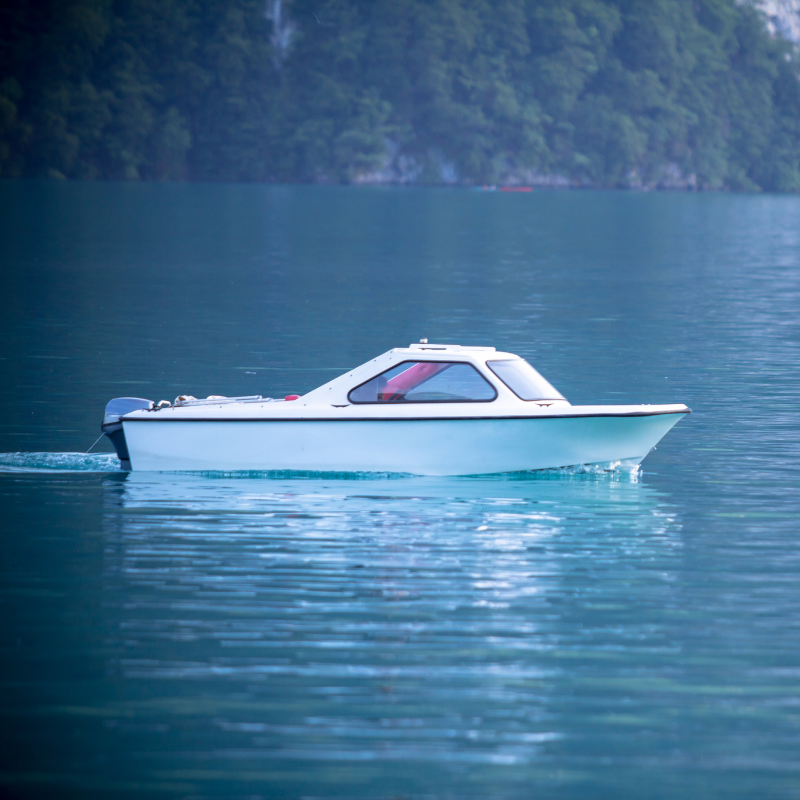ELECTRIC BOAT MOTOR: SHOULD YOU MAKE THE SWITCH?
Electric boat motors are the modern, environmentally-friendly alternative to diesel and petrol (gas) inboards and outboards. They’re quieter, emission-free, clean, and need very little maintenance. What’s not to love?
But would an electric engine be suited to your boat and your boating habits? The answer varies wildly depending on the vessel you own and how you use it. Technology is evolving and the performance of an electric motor still needs improving. In the future, we will all probably own electric boats and cars. But, at the moment, you need to do some in-depth research.
In this article, we look at the factors you should consider when making your own decision.
SPEED
Electric inboards and outboards can’t travel very fast. They aren’t able to bring a hull up to planing speed or to cruise fast (10 knots or so). For this reason, electric motors aren’t suited to speedboats - at least not affordable recreational ones.
However, they can be a great choice for boats with a displacement hull, such as sailboats, dinghies, kayaks, and more. If you own a small to medium size boat that isn’t too heavy and you don’t need to travel at over 5 knots, an electric engine can make a good means of propulsion.
The slower you go, the longer the battery will last, offering more range. As a rule of thumb, a displacement boat travels most efficiently at speeds up to 60% of its hull speed. This means you will need to adapt to going slower than you’re used to in order to have a decent range.
ON-BOARD ENERGY STORAGE
Electric engines need big, heavy batteries. This is why even a small, sleek electric outboard weighs a lot. The more powerful you want the engine to be, the more batteries you’ll need to store on board, so your boat will get weighted down. Can your vessel take the extra weight? Remember that such batteries are very expensive at the moment.
COST
The price of electric motors is still very high compared to traditional engines, so making the switch wouldn’t save you any money in the short term. In the future, you won’t need to purchase any more fuel and you won’t need to do as much maintenance on the engine, but this doesn’t offset the initial investment for a long while.
MAINTENANCE
Electric motors only have a few moving parts and don’t require oil changes, lubrication, drive-belt replacements, and more. This shaves considerable time and money off their maintenance. Some newer engines with lithium batteries can cause electrical faults or errors, just like a modern appliance. Replacement parts are only available in big, modern boating centres, so you should bring some spares if you intend to travel to remote places.
WHY GET AN ELECTRIC MOTOR FOR YOUR BOAT
To conclude, let’s sum up the advantages of installing an electric motor on your boat.
It makes virtually no noise
There won’t be any oil leaks or fumes
It produced zero emissions
Your boat will be cleaner
It doesn’t produce noise pollution above or underwater
You won’t need to buy fuel anymore
It’s low maintenance
Fuelling up can be done at the dock or via renewable energy.
If these pros sound good to you, you’re happy to boat slowly, and you’re ready to make a significant investment, an electric motor might be right for you. If instead you’d like to be able to travel faster and further and you can’t justify the higher cost, you may be better off waiting.




